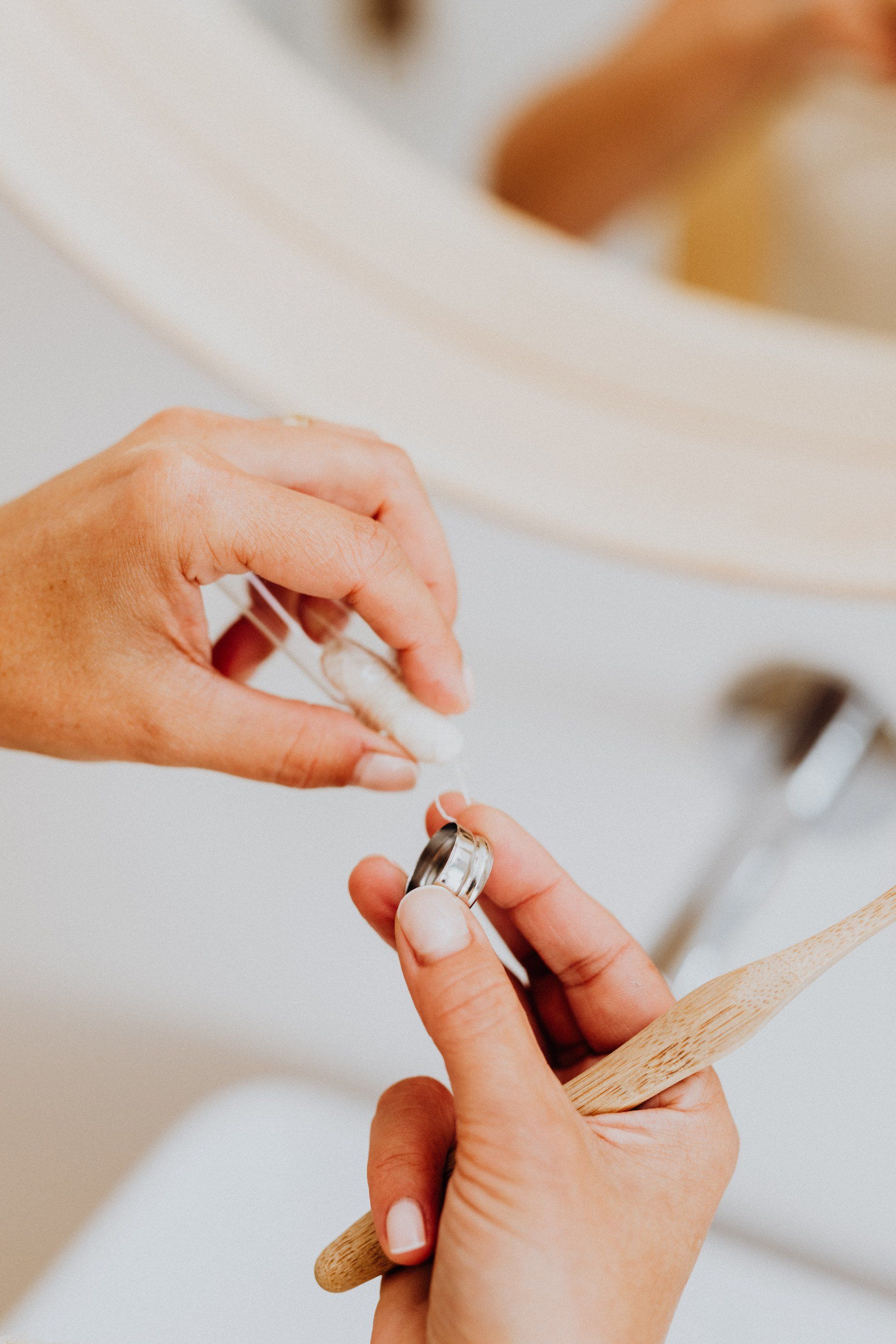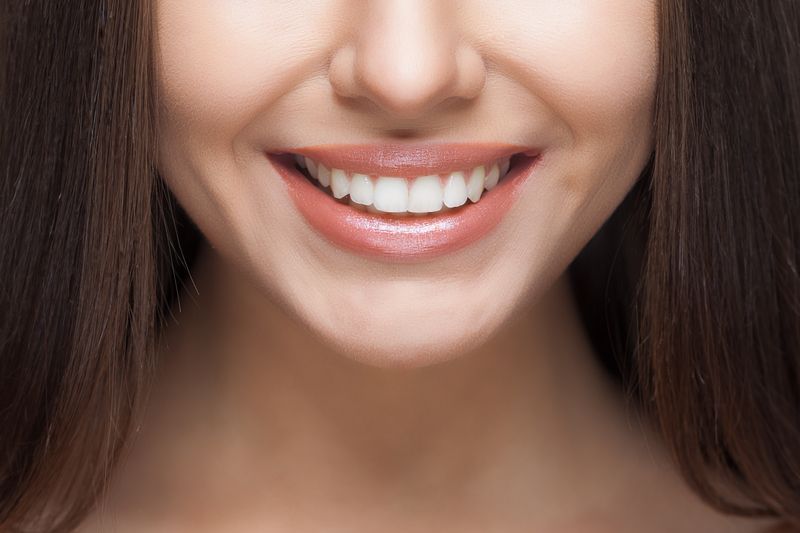Why Floss?

Why Flossing is Important
Flossing is, admittedly, one of the least liked hygiene activities. It takes time, and it can seem gross and weird if you’re not used to it. But it’s a necessary part of keeping your teeth, gums and overall health in good shape. Your dentist has good reasons to tell you to floss every time you go in for a cleaning or other dental work.
Benefits Beyond Looks
Flossing, obviously, makes your teeth look better. You’re getting rid of the crud that can build up between your teeth after you eat, and that’s going to make your smile a lot easier to look at. But flossing also helps prevent gum disease. Think of all the times you’ve attempted to floss after not flossing for a while — did your gums bleed a little? That’s a sign they’re becoming inflamed. Regular flossing would make that bleeding disappear in most cases. As you can see, brushing alone isn’t enough to prevent the slow decay of your gums.
Flossing may also help your heart health. This is somewhat controversial; the theory is that the same bacteria wreaking havoc on your gums can also, somehow, wreak havoc on your heart. However, studies looking into this are inconclusive. The Mayo Clinic does note, though, that there are still a lot of studies that show some connection. Whether this is because the oral bacteria are to blame or because of an overall tendency to not care for oneself (leading to both a lack of flossing and the onset of heart disease), it’s worth it to start flossing regularly if you don’t already.
When and Where to Floss
Don’t just shove some floss between your teeth quickly and assume you’ve flossed for the day. Gently move the floss up and down the sides of your teeth and toward the gums, swiping along as much of the gum line on the teeth as you can.
Most people floss after brushing, but if you want to floss before brushing instead, go for it. Many people prefer this order as the floss removes a lot of the excess plaque first, exposing more of the surface of the teeth for brushing.
Flossing really does not take that much time once you get into the swing of things. If you haven’t flossed for a while, be prepared for the first couple of weeks or so to be slower as you remove a lot of plaque and get used to the motions. One warning: If your gums still bleed after flossing after you’ve been doing this for a week or two, see your dentist as soon as you can.
The post Why Floss? appeared first on South Temple Dental.


Areas We Serve
Downtown Salt Lake City
84103, 84116, 84104, 84101, 84111, 84102, 84112, 84113, 84108, 84105, 84115, 84104, 84103
Business Hours
- Monday
- -
- Tuesday
- -
- Wednesday
- -
- Thursday
- -
- Friday
- -
- Saturday
- Closed
- Sunday
- Closed
All Rights Reserved | South Temple Dental
Dentist in Downtown Salt Lake City, Utah
